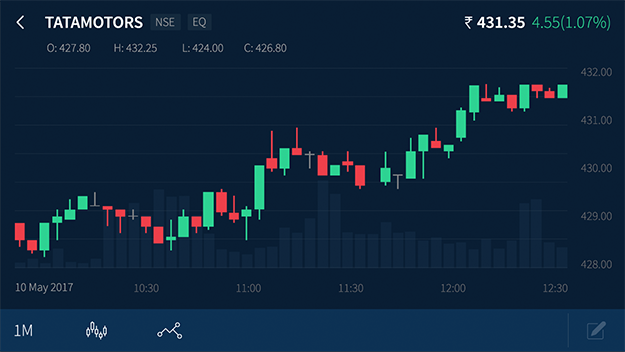
Forex trading has emerged as a famous avenue for individuals seeking to capitalise on currency fluctuations in the dynamic world of financial markets. However, with the potential for significant gains come the responsibilities of taxation. This blog delves into the taxation landscape of trading forex in the United Kingdom, exploring its history, the tax obligations of traders, the basics of trading taxes, and becoming a pro trader with the help of a forex trading academy.
History of Trading Forex in the UK Market
The roots of trading forex in the UK can be traced back to the 1970s when the foreign exchange market underwent a transformative shift with the adoption of floating exchange rates. This moves away from fixed rates paved the way for increased participation from retail traders. Over the years, technological advancements further democratised trading forex, making it accessible to a broader audience. With its robust financial infrastructure, the UK has been a critical player in this evolution, becoming a hub for trading forex activities.
Do All Forex Traders Pay Tax in the UK?
Not all forex traders are subjected to the same tax obligations in the United Kingdom. The distinction lies in the classification of traders as either hobbyists or professionals. Hobbyist traders can enjoy tax-free gains up to a specified threshold, making it an attractive avenue for those trading more casually. However, the tax landscape becomes more comprehensive once a trader transitions into professional trading. Professional traders fall under the purview of Income Tax regulations, where their profits are taxed as part of their overall income. This dichotomy emphasises the importance of understanding one’s trading status and the corresponding tax implications, ensuring that traders know their obligations and can navigate the taxation landscape effectively in pursuit of financial success.
Basics of Trading Taxes in the UK
In the United Kingdom, the basics of trading taxes are crucial knowledge for anyone engaged in the dynamic world of trading forex. Capital Gains Tax (CGT) and its implications for traders are central to this understanding. For those categorised as hobbyist traders, an annual tax-free allowance for capital gains exists. This threshold allows individuals to enjoy tax-free profits up to a specific limit, offering flexibility.
Conversely, professional traders fall under the purview of Income Tax regulations. For them, profits garnered through trading forex are treated as part of their overall income, subject to the prevailing income tax rates. Diligent record-keeping is paramount, as traders must document their transactions comprehensively, detailing profits and losses. This meticulous approach facilitates accurate reporting to tax authorities and ensures compliance with UK tax regulations.
It’s worth noting that Value Added Tax (VAT) generally does not apply to trading forex, as currencies are considered exempt financial instruments. However, traders need to be aware that fees and commissions paid to brokers may be subject to VAT. Understanding these fundamental aspects of trading taxes is vital for traders seeking to successfully navigate the intricate financial landscape of forex trading in the UK.
Become a Pro Forex Trader With the Help of Forex Trading Academy.
Navigating the complexities of trading forex and taxation can be challenging, especially for those looking to transition from hobbyist to professional status. A forex trading academy can be a valuable resource in this journey. Academies like Queensway Academy offer comprehensive courses, ranging from beginner to advanced levels, covering technical analysis, risk management, and taxation.

Education is the cornerstone of success in forex trading. A reputable online trading academy provides the necessary skills for effective trading and insights into the tax implications of various strategies. Understanding tax obligations from the outset can prevent pitfalls and ensure a smoother trading experience.
In the realm of trading forex in the UK, the tax landscape is a critical aspect that traders must pay attention to. By exploring the history of trading forex, understanding the distinctions in tax obligations, and grasping the basics of trading taxes, individuals can navigate this financial terrain more effectively. Whether one is a hobbyist or aspiring to become a professional trader, staying informed and, if needed, seeking guidance from a trading academy can make a significant difference in one’s trading journey. Remember, in the forex world, knowledge is power and the key to financial success.





